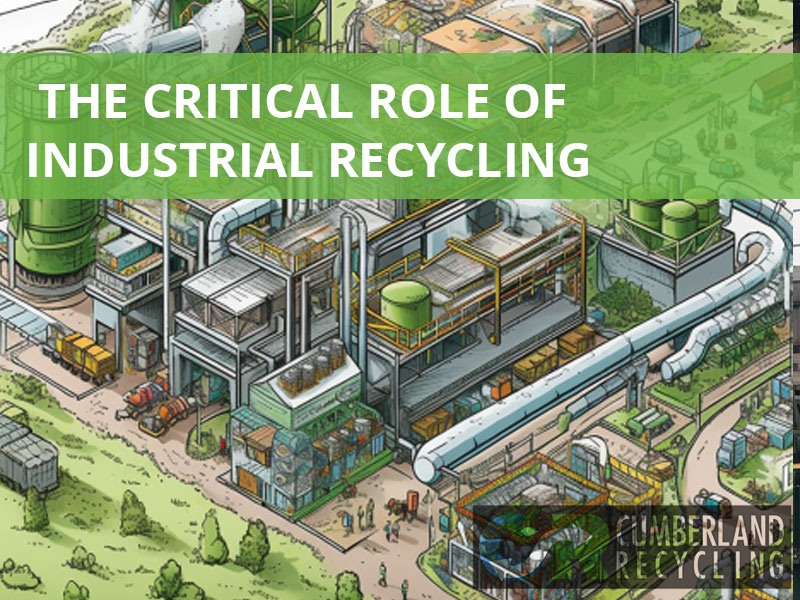Food waste recycling has taken on unprecedented importance in today’s industrial landscape. Companies like Cumberland Recycling are at the forefront of this movement, transforming what was once considered mere waste into valuable resources. This approach benefits the environment and enhances business efficiency and sustainability.
Why Industrial Recycling Matters
The statistics on food waste are staggering. Globally, billions of tons of food never reach our plates. This waste signifies lost food and squandered resources like water, labor, and energy. The industrial recycling of this waste is not just an environmental imperative; it’s an economic necessity.
Cumberland Recycling’s model turns this challenge into an opportunity. Recycling food waste helps reduce the environmental impact of industrial operations. This approach conserves resources and minimizes the burden on landfills.
The Environmental Impact
Industrial recycling has a profound effect on the environment. Diverting waste from landfills significantly reduces methane emissions, a potent greenhouse gas. This process also lessens the strain on waste management systems and contributes to soil health when organic waste is transformed into compost.
Cumberland Recycling’s strategies align with these goals. They focus on repurposing waste to benefit the environment, thereby supporting the global fight against climate change.
Economic Benefits
Beyond environmental advantages, this type of management offers substantial economic benefits. For businesses, it can mean reduced waste disposal costs and the creation of new revenue streams. Recycled products often have a market value, turning what was once a disposal cost into a potential profit.
Cumberland Recycling understands these economic dynamics. They work closely with industries to optimize waste management, often leading to significant cost savings and operational efficiencies.

Societal Implications
The industrial recycling of food and waste has broader societal implications. It promotes a circular economy where resources are used and reused efficiently. This approach conserves resources and fosters innovation in waste management technologies and practices.
At Cumberland Recycling, the focus is on creating sustainable solutions that benefit not just individual companies but society as a whole. Their work contributes to a more sustainable world where resources are valued and conserved.
The Future of Industrial Recycling
The future of industrial recycling, particularly in the food and waste sector, is bright. With growing awareness and technological advancements, more companies will likely adopt sustainable waste management practices. Cumberland Recycling is leading this charge, showcasing how responsible recycling can drive environmental, economic, and societal progress.
In Conclusion:
The industrial recycling of food and waste is more than a corporate responsibility; it’s a cornerstone of sustainable development. Cumberland Recycling exemplifies this, turning challenges into opportunities and leading towards a more sustainable, resource-efficient future.

